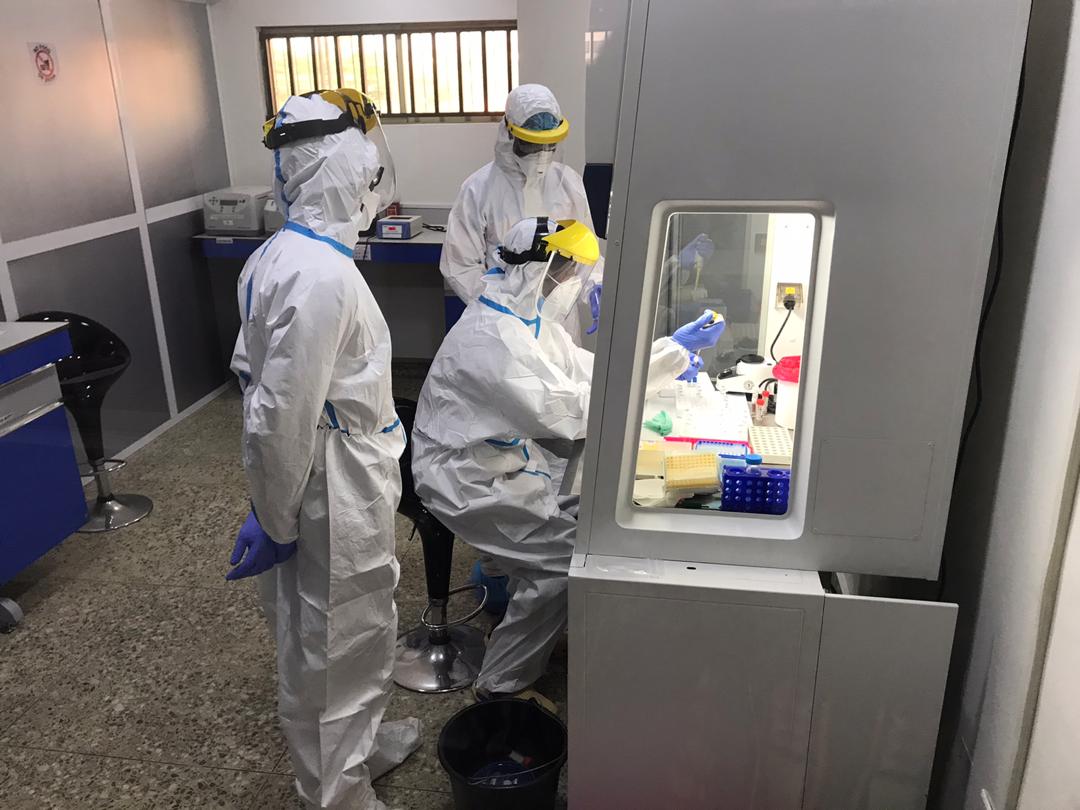Aerokeys Nigeria Limited, one of the world’s leading aviation company has revealed plans to launch the use of robots in the nation’s fight against COVID-19, aimed at reducing direct human contact in the country.
The Managing Director of Aerokeys Nigeria Limited, Kudla Santumari Haske said on Thursday that the move, is expected to limit the risk of healthcare, aviation and education workers as well as Nigerians at large from contracting the deadly virus.
- Microsoft engages robots to replace journalists
- Robot helps Tunisia medics avoid infection from virus patients
He said that when officially launched, the high-tech robots can perform a number of tasks related to COVID-19 management, including mass temperature screening, facial recognition, disinfecting, delivering medication to patients, capturing data, detecting people who are not wearing masks and security checks among others.
“The idea of using the robots is aimed at reducing exposure of critical sector workers to possible COVID-19 infection. Take for instance, in the health sector, medics and other front-liners visit patients’ room many times to deliver medication, meals, carry out tests, among other things – and this may pose a risk of contracting the virus.
“These robots will fasten service delivery while protecting our valuable health workers against COVID-19 exposure,” Haske said.
Haske said his company which is collaborating with other robotics firm solutions will design various advanced features to support various sectors that can also be leveraged into health, education, aviation and other critical sectors in the country.
He said that the robots have the capacity to screen 200 people per minute, capture both video and audio data, and notify officers on duty about detected abnormalities for timely response and case management.
He added that COVID-19 has accelerated the need for digital solutions across various industries.
He said: “there are various innovative solutions being applied to combat COVID-19, hence, the need for robots to be deployed to support our frontline workers in containing the pandemic by taking on routine tasks.”
Haske added that the robots are programme to speak English, Igbo, Yoruba, Hausa, Efik and other languages and expressed the optimism that the artificial profiling technology would be widely embraced in the nearest future on grounds that artificial intelligence is highly needed.

 Join Daily Trust WhatsApp Community For Quick Access To News and Happenings Around You.
Join Daily Trust WhatsApp Community For Quick Access To News and Happenings Around You.


